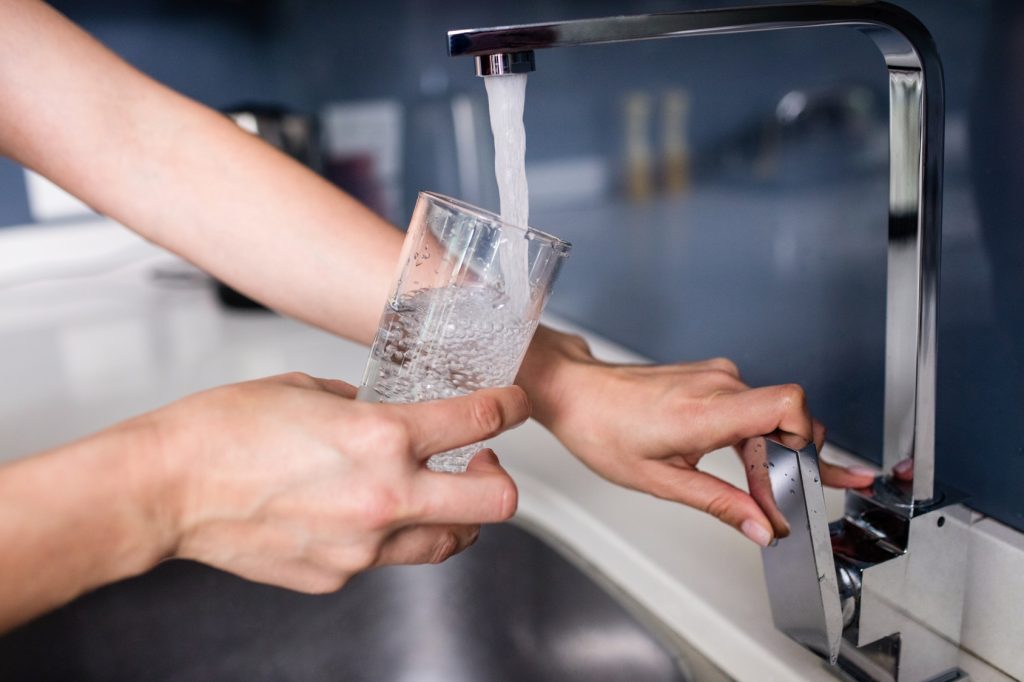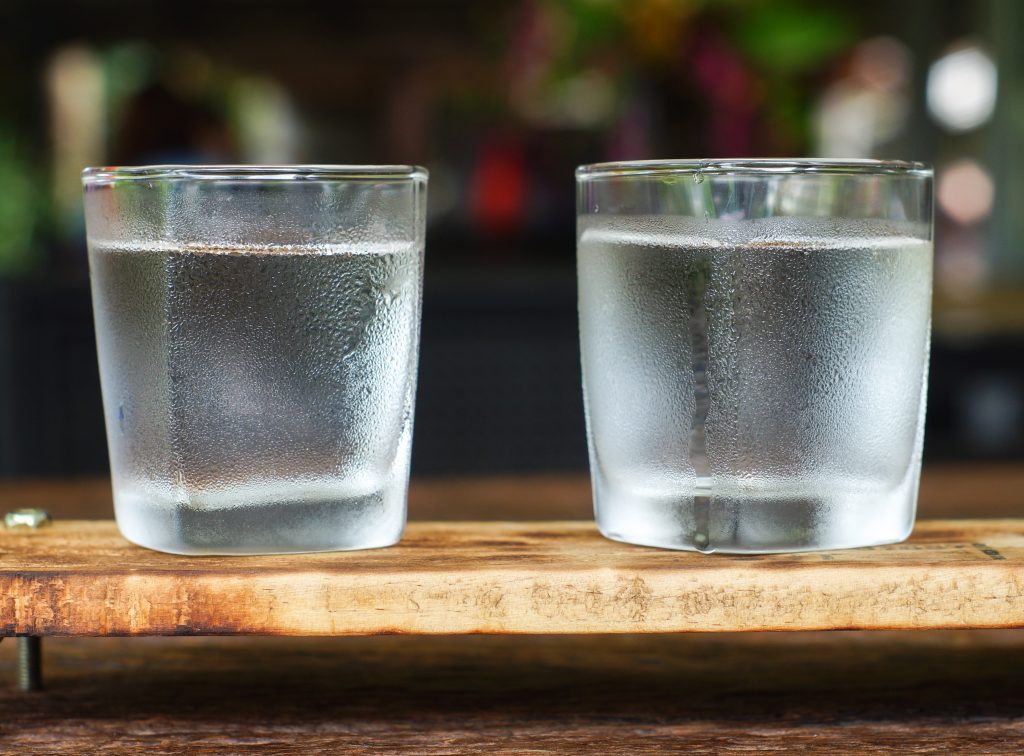Reverse osmosis water units are important in survival situations or in war zones where the usual water infrastructure has broken down, for example. The idea is that dirty water is pumped through a semi-permeable membrane, which removes salt, some bacteria and other contaminants.

Want the Good News First?
The good news? It works. Nearly everything is removed from the water. The bad news? That includes the good stuff — the elements we need our drinking water to contain.
That’s not a problem in the very short term. However, drinking reverse osmosis water as our main source of hydration carries a real risk of denying our bodies the essential minerals we need to thrive.











